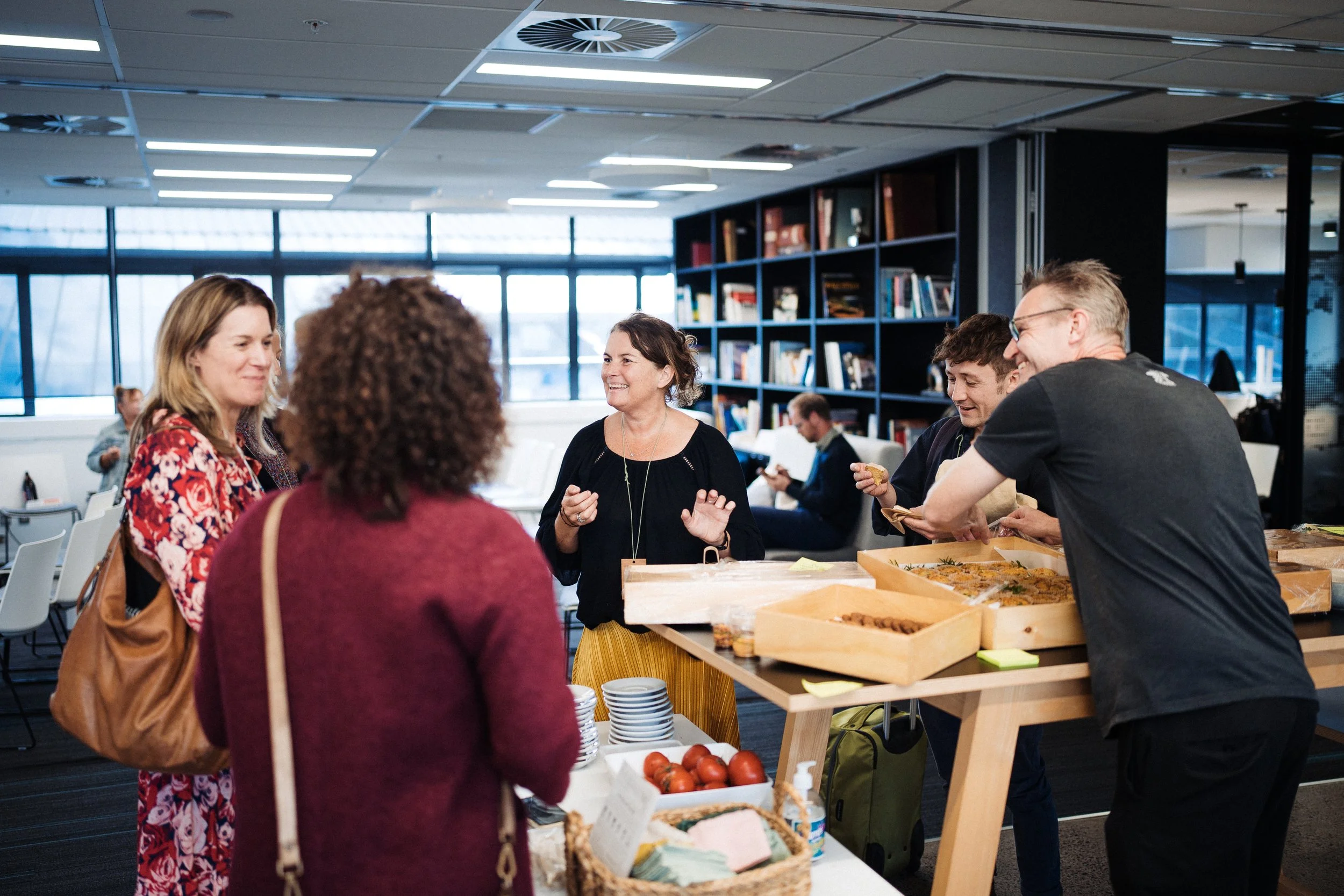Upcycling wasted food into delicious products
“I cannot thank you enough for the opportunity to join XLabs, it was an absolute game changer for the direction of Rescued. The learnings, support, connections, and confidence gained were immeasurable and the passion from the team infectious. Every business in New Zealand should sign up.”
— Diane Stanbra
Over 300,000 tonnes of food is sent to landfill in New Zealand every year, much of it still perfectly good. Meanwhile, one in five Kiwi kids are living in households that sometimes run out of food.
XLabs LIVE team Rescued is joining the dots to solve a problem that many New Zealanders care about - food waste. Their solution? To take surplus food from zero to hero by upcycling surplus foods into premium ingredients, new products, and meals to feed our communities.
In partnership with George Weston Foods, the team initially came into XLabs LIVE with the question of how to eliminate the 7.4 million loaves of bread and 11,000 tonnes of spent grains going to animal feed and landfill annually, to create upcycled food products?
Throughout the week however, as the team consulted with Circularity’s circular economy practitioners, collaborating experts, and the other participating business teams, they took a step back to look at the big picture. They explored how they might scale their efforts to design a whole circular manufacturing kitchen, and asked what sort of digital platform might be able to assist in the pickup, delivery and re-sale of upcycled food?
As they blended Circularity’s Circular By Design methods of Networked Participation, Regenerative Behaviours, Circular Business Models, they questioned what sort of tech platforms might assist with connecting them to surplus food? By the end of the week they had expanded their mandate with a goal of becoming the chosen food waste partner for growers, manufacturers, retailers, and food rescue redistributors. Given they are already working with Countdown, George Weston Foods, Lion, and the University of Otago, they’re well on their way to developing a localised solution to a global problem for Tāmaki Makaurau, and are currently seeking funding.
XLabs is made possible through partnership with Ministry for the Environment/Manatū mō te Taiao, Tātaki/Auckland Unlimited, New Zealand Trade and Enterprise, Toitū Envirocare, Kantar, Callaghan Innovation, Trees That Count, Greenhouse Capital New Zealand, and Circularity.

